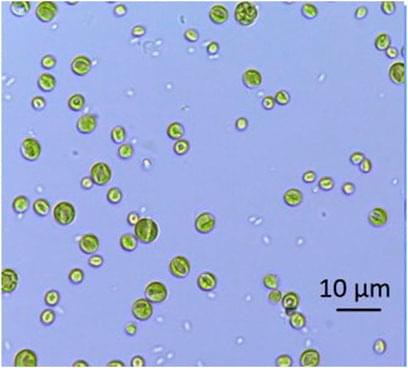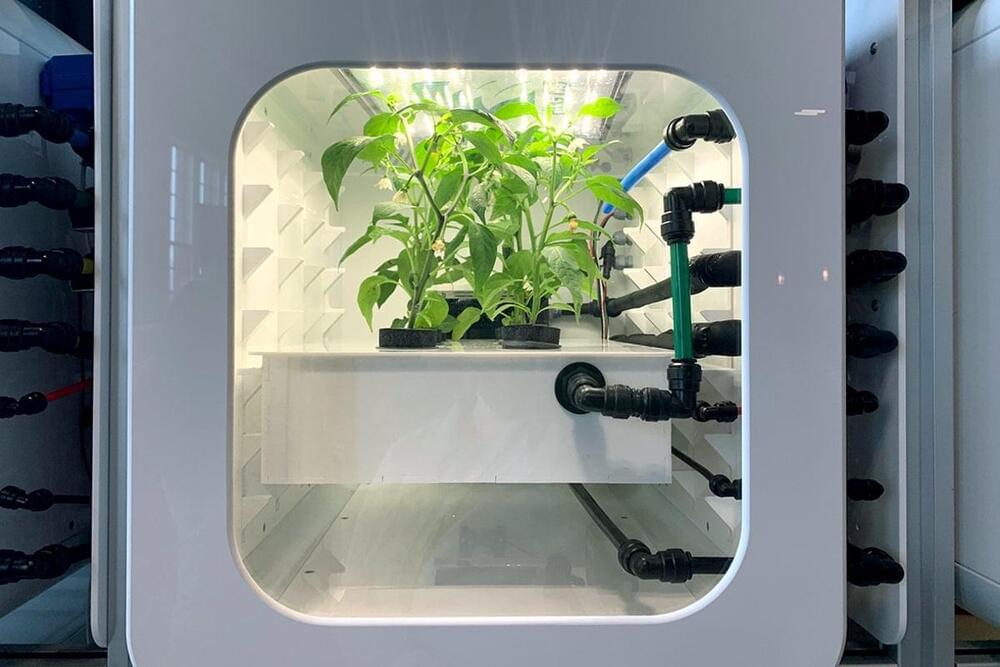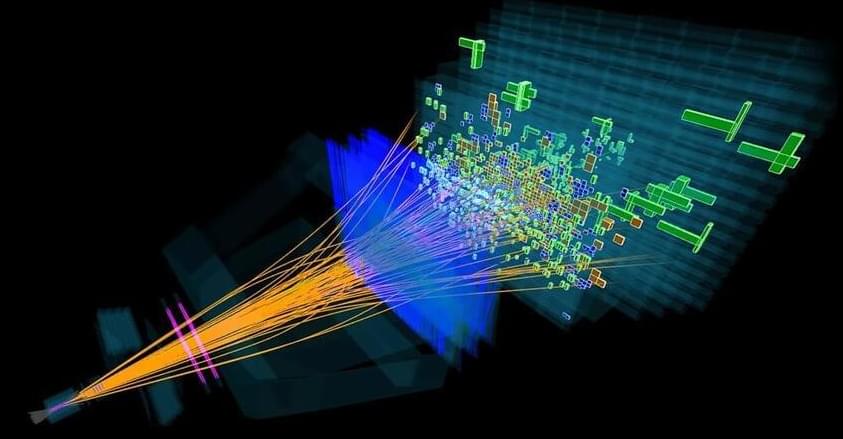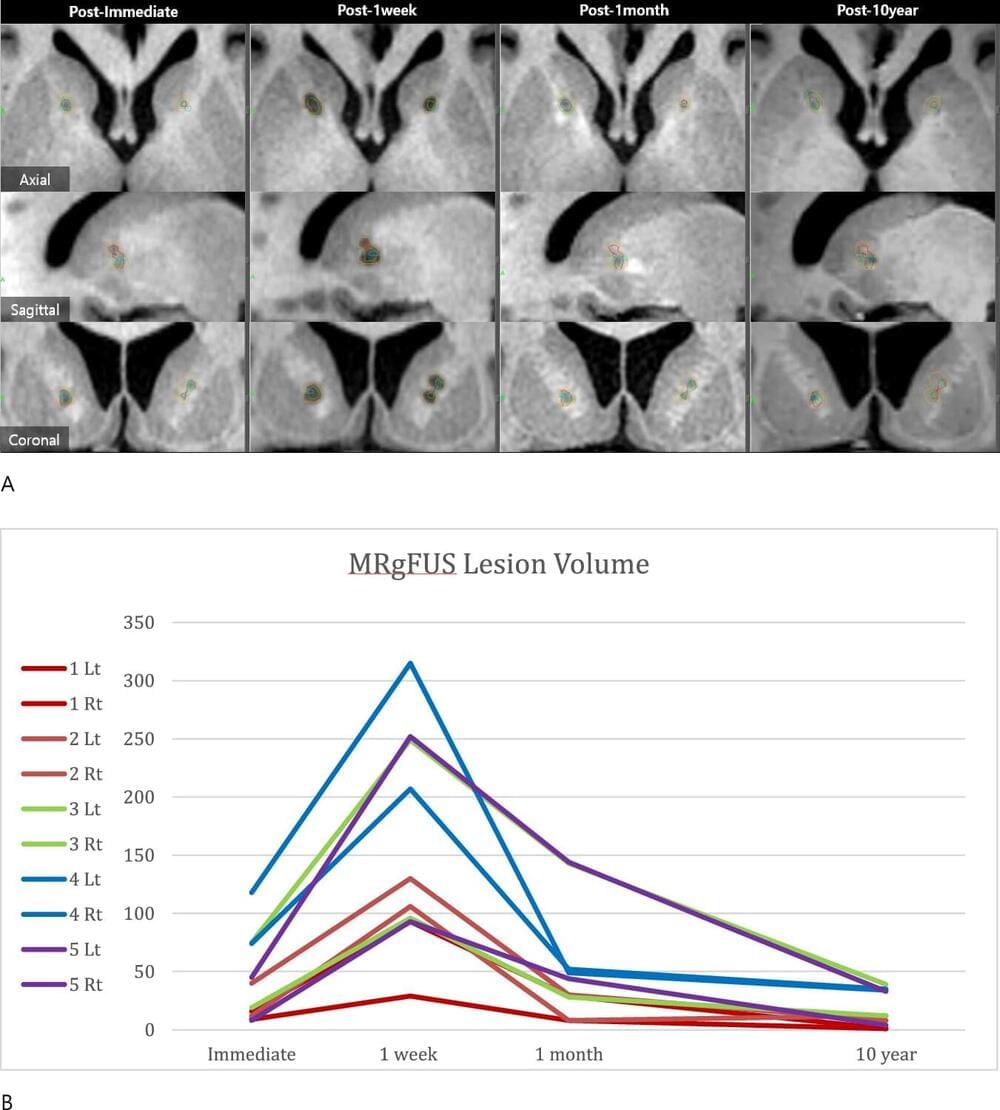A chance discovery by researchers could drastically lower the energy needed for next-generation memory technologies.



DeepMind, Google’s AI research org, has unveiled a model that can generate an “endless” variety of playable 3D worlds.
Called Genie 2, the model — the successor to DeepMind’s Genie, which was released earlier this year — can generate an interactive, real-time scene from a single image and text description (e.g. “A cute humanoid robot in the woods”). In this way, it’s similar to models under development by Fei-Fei Li’s company, World Labs, and Israeli startup Decart.
DeepMind claims that Genie 2 can generate a “vast diversity of rich 3D worlds,” including worlds in which users can take actions like jumping and swimming by using a mouse or keyboard. Trained on videos, the model’s able to simulate object interactions, animations, lighting, physics, reflections, and the behavior of “NPCs.”

Summary: Researchers identified a brain circuit involving the amygdala and hippocampus that predicts resilience to stress in mice. Mice with disrupted neural communication in this circuit struggled to seek rewards, but activating the neurons restored resilience and improved decision-making.
Using chemogenetics, the team stimulated brain activity in less resilient mice, which then displayed normal behavior and sought sweetened water. This breakthrough suggests potential new, non-invasive treatments for chronic stress and depression in humans, with researchers now exploring similar patterns in human brains.


Games play a key role in AI research.
Generating unlimited diverse training environments for future general agents.
Today we introduce Genie 2, a foundation world model capable of generating an endless variety of action-controllable, playable 3D environments for training and evaluating embodied agents. Based on a single prompt image, it can be played by a human or AI agent using keyboard and mouse inputs.
Games play a key role in the world of artificial intelligence (AI) research. Their engaging nature, unique blend of challenges, and measurable progress make them ideal environments to safely test and advance AI capabilities.

These scenarios pose several new challenges, since the environmental and operational conditions of the mission will strongly differ than those on the International Space Station (ISS). One critical parameter will be the increased mission duration and further distance from Earth, requiring a Life Support System (LSS) as independent as possible from Earth’s resources. Current LSS physico-chemical technologies at the ISS can recycle 90% of water and regain 42% of O2 from the astronaut’s exhaled CO2, but they are not able to produce food, which can currently only be achieved using biology. A future LSS will most likely include some of these technologies currently in use, but will also need to include biological components. A potential biological candidate are microalgae, which compared to higher plants, offer a higher harvest index, higher biomass productivity and require less water. Several algal species have already been investigated for space applications in the last decades, being Chlorella vulgaris a promising and widely researched species. C. vulgaris is a spherical single cell organism, with a mean diameter of 6 µm. It can grow in a wide range of pH and temperature levels and CO2 concentrations and it shows a high resistance to cross contamination and to mechanical shear stress, making it an ideal organism for long-term LSS. In order to continuously and efficiently produce the oxygen and food required for the LSS, the microalgae need to grow in a well-controlled and stable environment. Therefore, besides the biological aspects, the design of the cultivation system, the Photobioreactor (PBR), is also crucial. Even if research both on C. vulgaris and in general about PBRs has been carried out for decades, several challenges both in the biological and technological aspects need to be solved, before a PBR can be used as part of the LSS in a Moon base. Those include: radiation effects on algae, operation under partial gravity, selection of the required hardware for cultivation and food processing, system automation and long-term performance and stability.
The International Space Station (ISS) has been continuously inhabited for over twenty years. The Life Support System (LSS) on board the station is in charge of providing the astronauts with oxygen, water and food. For that, Physico-Chemical (PC) technologies are used, recycling 90% of the water and recovering 42% of the oxygen (O2) from the carbon dioxide (CO2) that astronauts produce (Crusan and Gatens, 2017), while food is supplied from Earth.
Space agencies currently plan missions beyond Low Earth Orbit, with a Moon base or a mission to Mars as potential future scenarios (ESA Blog 2016; ISEGC 2018; NASA 2020). The higher distance from Earth of a lunar base, compared to the ISS, might require the production of food in-situ, to reduce the amount of resources required from Earth. PC technologies are not able to produce food, which can only be achieved using biological organisms. Several candidates are currently being investigated, with a main focus on higher plants (Kittang et al., 2014; Hamilton et al., 2020) and microalgae (Detrell et al., 2020b; Poughon et al., 2020).


Here’s how the winners of NASA’s Deep Space Food Challenge are making food out of thin air.
A few weeks ago, I arrived hungry to the Brooklyn Navy Yard in New York City, ready for a unique culinary experience. Finalists of NASA and the Canadian Space Agency’s Deep Space Food Challenge had come from all across the planet to demonstrate how future astronauts might grow their own food. I descended upon a tiny cup of chocolate mousse topped with a raspberry.


When conventional non-invasive treatments for psychiatric diseases fail, clinicians inevitably have to consider brain surgery. However, brain surgery for psychiatric diseases has long been taboo among the general public due to the infamous history of lobotomy. Thankfully, advancements in brain surgery in recent years are changing the narrative.
Bilateral capsulotomy, more commonly known as deep brain stimulation, is a form of brain surgery that has been garnering attention in treating treatment-resistant or refractory obsessive-compulsive disorder (OCD). Patients with refractory OCD experience a debilitating degree of repetitive behaviors and thoughts that they are unable to control, thus downgrading their quality of life.
A group of researchers from South Korea demonstrated that a novel non-invasive bilateral capsulotomy called magnetic resonance-guided focused ultrasound (MRgFUS) capsulotomy is efficacious and safe in treating refractory OCD for up to two years. MRgFUS capsulotomy non-invasively and precisely ablates tissues in the brain region of interest. However, the sustained efficacy of this treatment option was unclear.